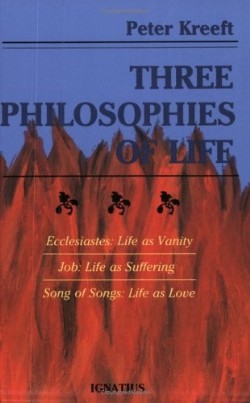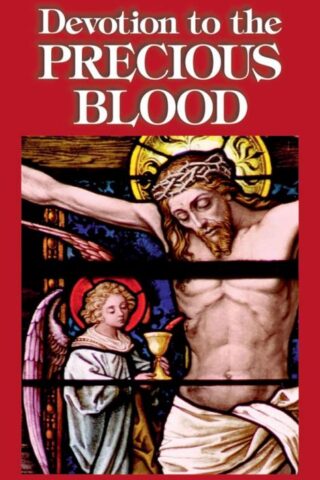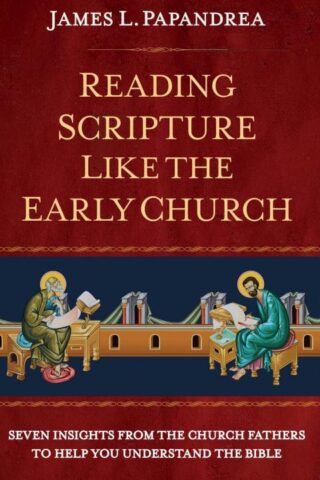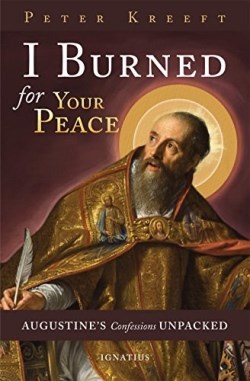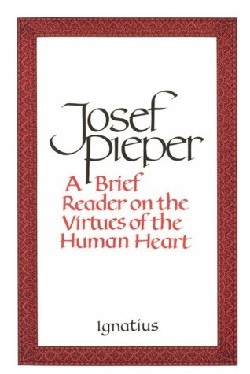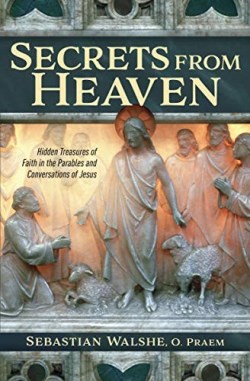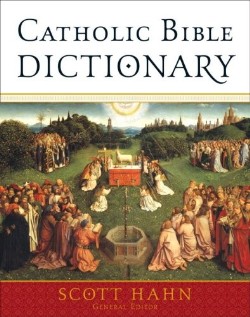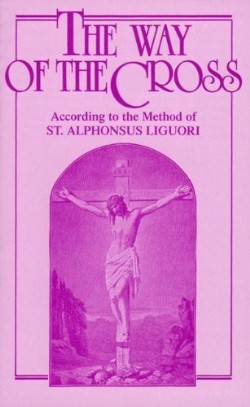Philosophy
Showing all 4 resultsSorted by latest
-
I Burned For Your Peace
$18.95Popular author and philosopher Peter Kreeft delves into one of the most beloved Christian classics of all time–Augustine’s Confessions. He collects key passages and offers incisive commentary, making Confessions accessible to any reader who is both intellectually curious and spiritually hungry.
The Confessions is a dramatic personal narrative of a soul choosing between eternal life and death, an exploration of the timeless questions great minds have been asking for millennia, and a prayer of praise and thanksgiving to God. I Burned for Your Peace is not a scholarly work but an unpacking of the riches found in Augustine’s text. It is existential, personal, and devotional, as well as warm, witty, and thought-provoking. With Kreeft to guide them, readers of the Confessions can overhear and understand the intimate conversation between a towering intellect and the God whose peace he at last humbly accepts.
Add to cart2 in stock
-
Courage Of Faith
$15.95Living a courageous life is not easy. It requires a person to find the balance between fearlessness and cowardice. In The Courage of Faith Steven Ostovich encourages readers to wrestle with their questions of belief in order to find a way to choose faith. He shows that belief, promise, hope, love, responsibility, and thinking demand courage. Ostovich helps readers to reflect on their understandings of these topics by using the writings of philosophers from Plato to Hannah Arendt, Rene Descartes to Simone de Beauvoir. By engaging philosophy, theology, and the Bible, he challenges readers to courageously think from and through faith. The result of such thinking is a commitment to belief.
Add to cart1 in stock
-
Brief Reader On The Virtues Of The Human Heart
$8.95SKU (ISBN): 9780898703030ISBN10: 0898703034Josef PieperBinding: Trade PaperPublished: December 1991Publisher: Ignatius Press
Add to cart3 in stock
-
3 Philosophies Of Life
$3.00SKU (ISBN): 9780898702620ISBN10: 0898702623Peter KreeftBinding: Trade PaperPublished: June 1990Publisher: Ignatius Press
Add to cart2 in stock

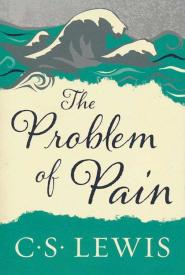 Problem Of Pain
Problem Of Pain
